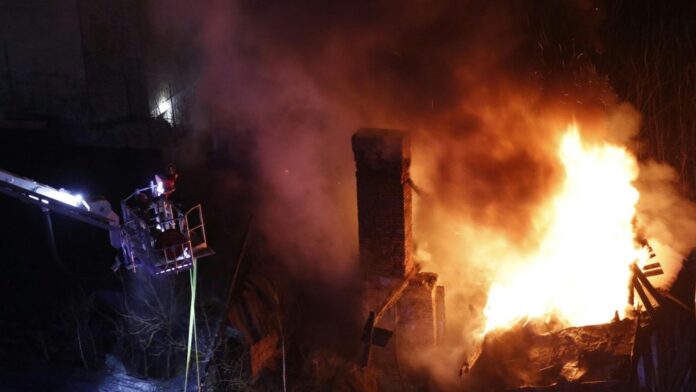A fatal apartment fire in the city of Reims, northeastern France, claimed the lives of four individuals early on June 5. According to official reports, the fire broke out around 3 a.m. in a multi-storey residential building, spreading quickly through the structure. Among the deceased was a child, and several others sustained injuries due to smoke inhalation and burns.
Local emergency services responded swiftly, deploying approximately 50 firefighters and 20 emergency vehicles to contain the blaze. Despite their rapid intervention, the intensity of the fire and the density of the smoke complicated rescue efforts. Authorities confirmed that two bodies were discovered in a corridor, one on a stairwell, and one in a bathroom, indicating the occupants’ desperate attempts to escape.
Initial investigations suggest the fire may have originated due to an electrical malfunction, though officials have not ruled out other causes. The building, which housed over 40 residents, has since been evacuated. Some survivors were transported to local hospitals for treatment, while psychological support teams have been mobilized to assist traumatized residents.
This incident has sparked renewed scrutiny over housing conditions in working-class districts of French cities. Critics argue that decades of insufficient investment in public infrastructure and residential safety measures have rendered many such buildings vulnerable to disaster. Concerns over outdated wiring, lack of fire prevention systems, and minimal state oversight are now at the forefront of public discussion.
Community members and local observers are calling for a comprehensive review of housing safety standards, emphasizing that tragedies of this nature are preventable with adequate policy commitment. As investigations continue, the fire in Reims stands as a sobering reminder of the urgent need for structural reform in the country’s approach to urban housing and public welfare.

